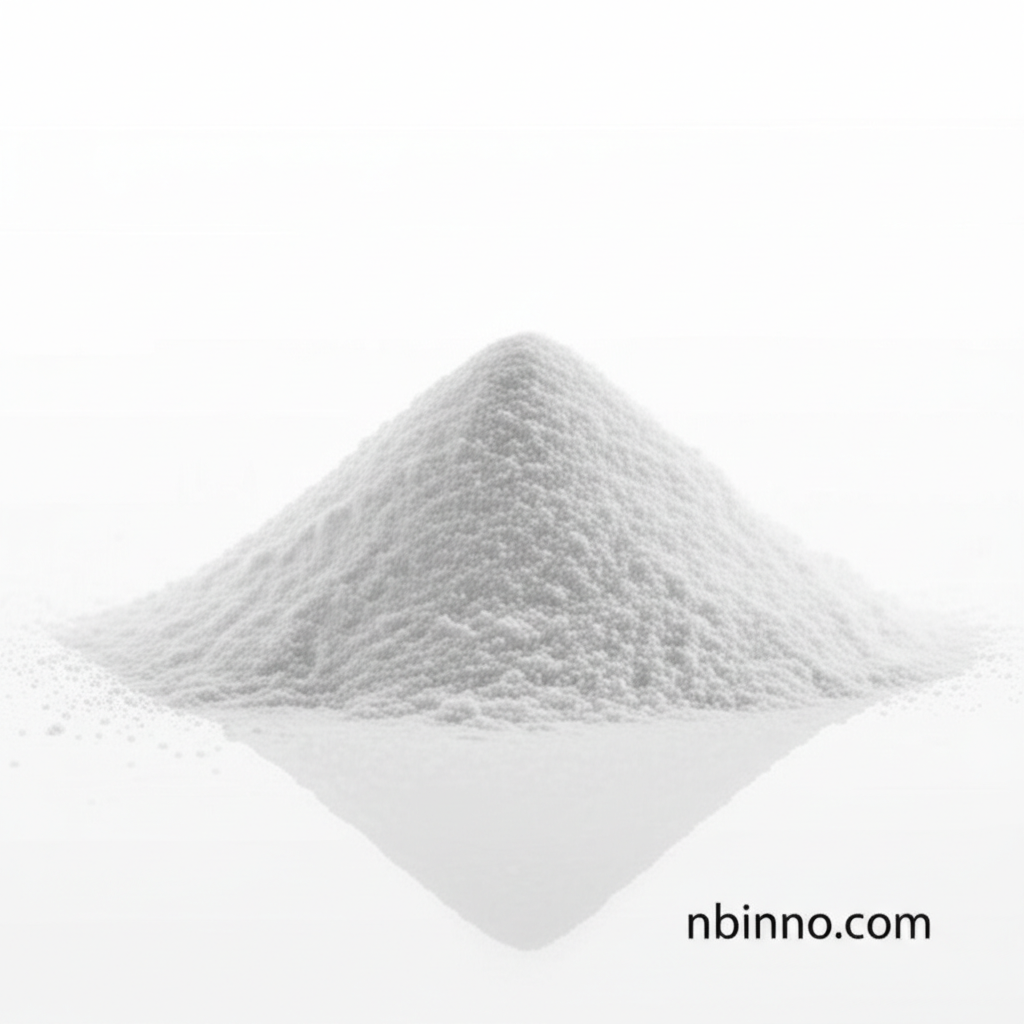Maltitol: A Comprehensive Guide to its Properties, Uses, and Benefits as a Sugar Substitute
Discover the advantages and considerations of using Maltitol, a popular sugar alcohol, in your diet and products.
Get a Quote & SampleProduct Core Value

Maltitol
Maltitol is a versatile sugar alcohol that serves as a low-calorie sweetener, offering a sweetness profile similar to sucrose but with fewer calories and a lower impact on blood glucose levels. Its non-cariogenic properties also contribute to dental health, making it a preferred choice in various food and pharmaceutical applications.
- Learn about the benefits of maltitol for diabetics, providing a sweeter option with a lesser effect on blood sugar compared to traditional sugar.
- Understand the maltitol side effects gastrointestinal issues that can arise from excessive consumption, such as bloating and diarrhea.
- Explore how maltitol vs sugar calories compare, highlighting its advantage as a low-calorie alternative.
- Discover the diverse maltitol uses in food products, from confectionery to baked goods, and its role as a pharmaceutical excipient.
Product Advantages
Reduced Calorie Intake
Utilizing Maltitol as a sugar substitute can significantly lower the caloric content of foods and beverages, aiding in weight management efforts and contributing to a healthier diet.
Improved Dental Health
Unlike sugar, Maltitol is non-cariogenic, meaning it does not promote tooth decay, making it an excellent choice for sugar-free candies, gums, and other oral care products.
Blood Sugar Management
The lower glycemic index of Maltitol means it causes a slower and less significant rise in blood glucose and insulin levels compared to sugar, which is beneficial for individuals managing diabetes.
Key Applications
Confectionery
Maltitol is widely used in sugar-free chocolates, candies, and chewing gums for its sweetness and texture-enhancing properties.
Baked Goods
It serves as a functional ingredient in baked goods, providing sweetness, moisture retention, and a desirable texture without the browning effects of sugar.
Pharmaceuticals
In the pharmaceutical industry, Maltitol functions as an excipient, used as a diluent, binder, and sweetening agent in oral dosage forms like tablets and syrups.
Dietary Supplements
Maltitol is incorporated into various dietary supplements and functional foods, offering a palatable way to reduce sugar intake while maintaining sweetness.
